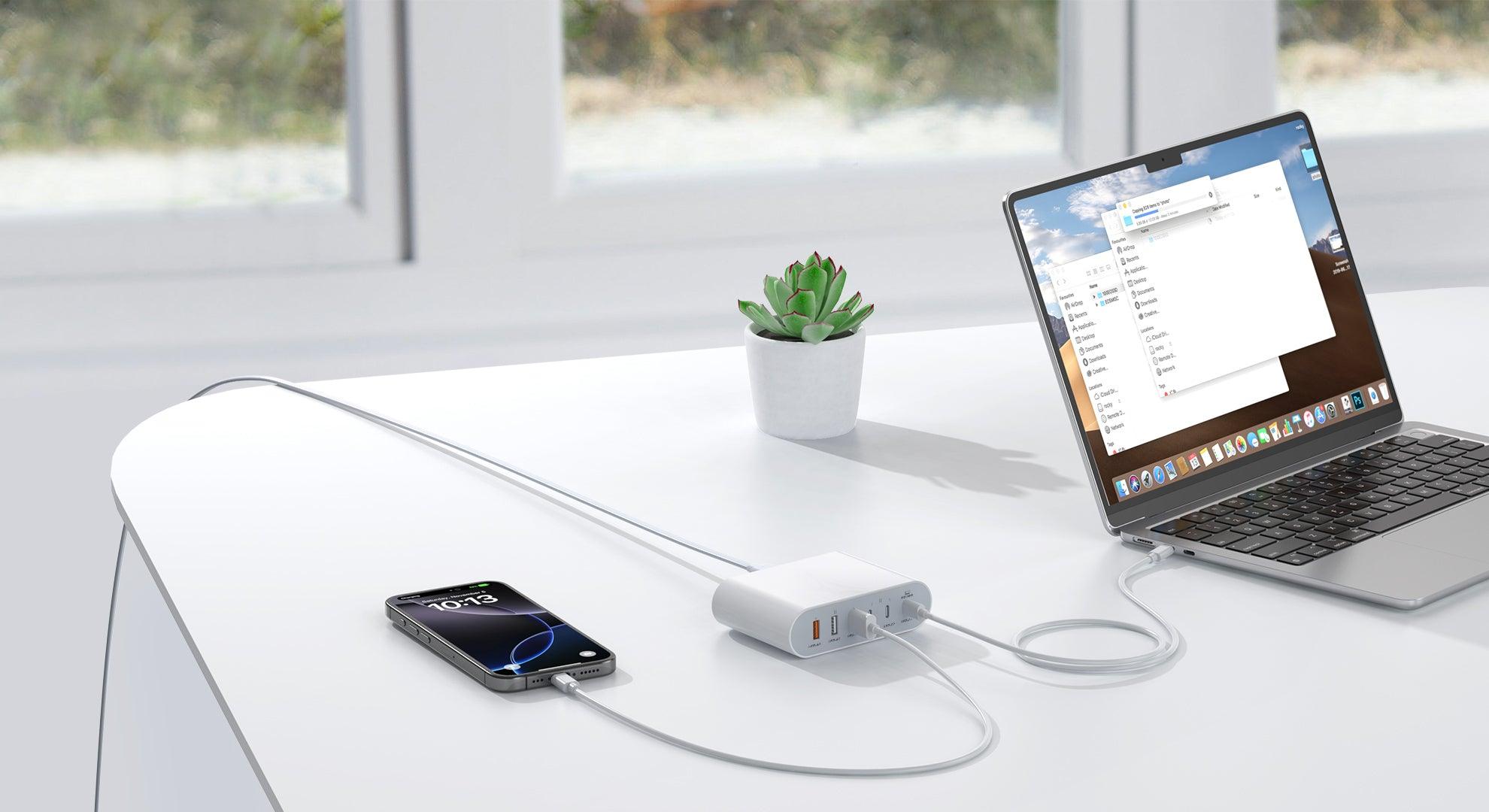
Will Fast Charging Ruin Your Phone Battery?
Fast charging technology has rapidly become a standard feature of smartphones in recent years, allowing users to power up their device in significantly less time than before. Unfortunately, however, fast charging can raise some concerns among consumers; can fast charging deteriorate battery performance? We explore facts surrounding this popular technology to address any myths.
Understanding Fast Charging Technologies
Fast charging works by increasing both voltage and current to the battery, enabling it to charge much faster than traditional methods. Most modern smartphones support some form of fast charging technology which can significantly decrease downtime for busy users.
Battery Health Issues have an Impactful effect.
One of the main concerns regarding fast charging is its impact on battery lifespan. Most smartphones utilize lithium-ion batteries, which have limited charge cycles - which is defined as fully charging from zero percent up to one hundred percent, regardless of any partial charges in between.
Fast charging can produce more heat than standard charging, putting undue stress on battery health and potentially leading to capacity reduction over time. Manufacturers have responded by creating thermal management systems which assist in dissipating this heat during charging sessions.
Battery Management systems help maintain optimal conditions.
Modern smartphones typically include advanced battery management systems to monitor temperature and charge levels and adjust charging speeds accordingly. If a battery reaches a certain temperature threshold, its charging process may slow down to prevent overheating, thus protecting its health.
Real World Usage
While fast charging may present theoretical concerns, real-world usage reveals different results. Many users charge their phones using fast charging without suffering significant degradation to battery health; indeed, studies suggest the difference in lifespan between fast and standard charging may not be as pronounced as some fear.
Battery Longevity Best Practices
To maintain optimal battery health, consider following these best practices:
1. Avoid Extreme Temperatures: For optimal charging results, ensure your phone is kept in a cool environment as excessively high temperatures can accelerate battery wear.
2. Charge Wisely: To increase battery lifespan and ensure quick charges don't occur more frequently, opt for standard charging methods instead. These will extend their useful lifespan.
3. Don't Let It Drain Completely: For optimal battery health, aim to maintain a battery charge level between 20% and 80% for best results.
Conclusion
Fast charging may create more heat, but modern smartphones are equipped to manage this effectively. Any potential risks to battery health tend to be overstated when proper charging practices are followed. Fast charging provides a convenient solution for our hectic lives, yet with care it should not cause significant battery degradation over time. While fast charging may offer advantages that extend battery life expectancy. So embrace technology's convenience but remember to care for your battery so it will last as long as possible!



